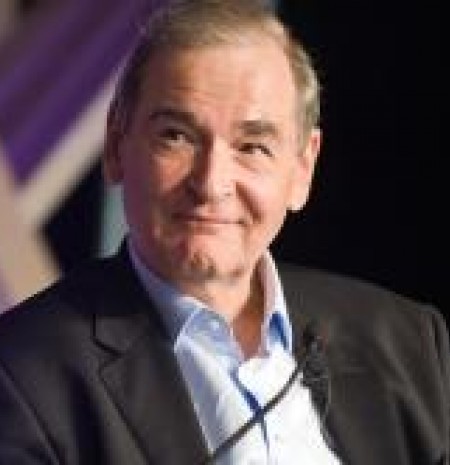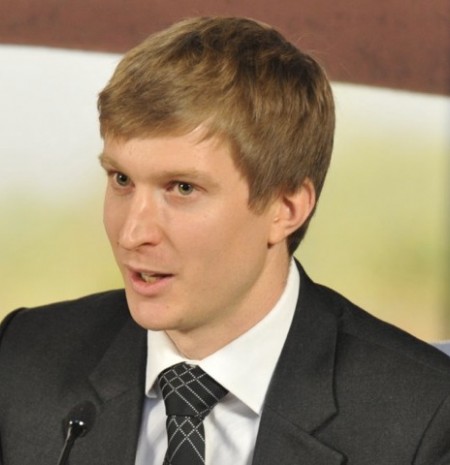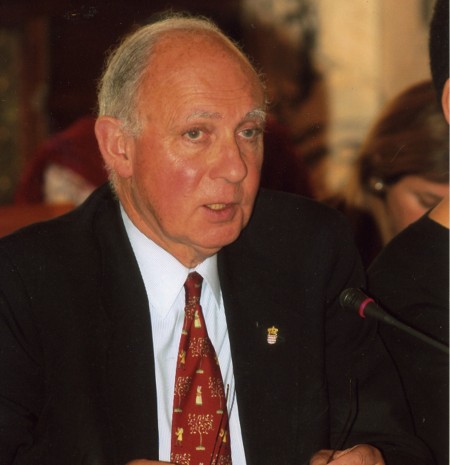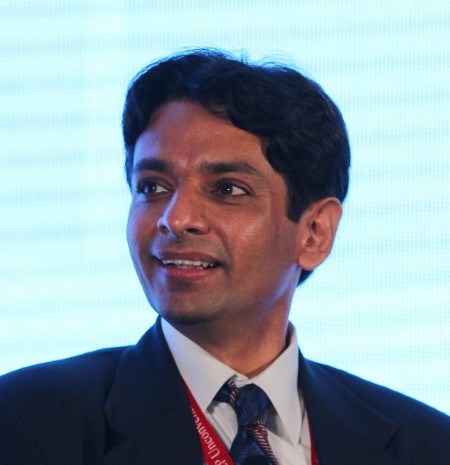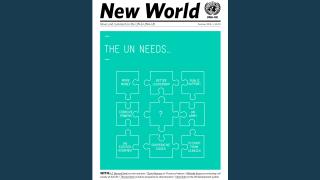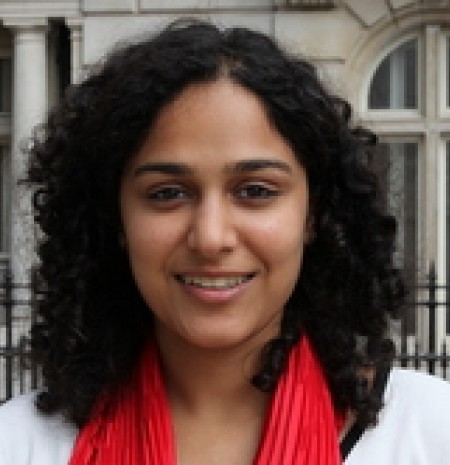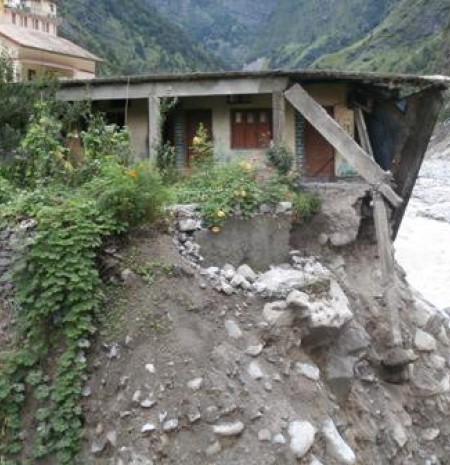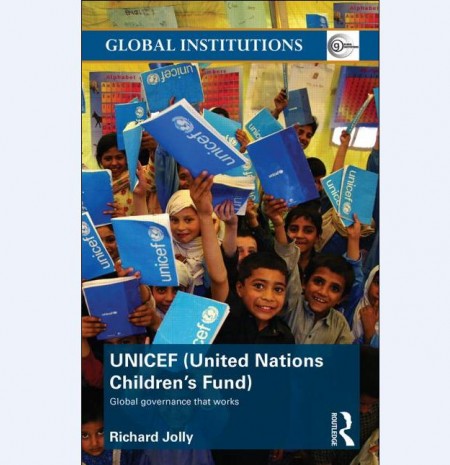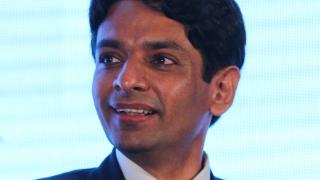
The United Nations is a uniquely universal organisation with unparalleled convening power. It has used this strength to draw new issues into the multilateral sphere and to push challenges such as sustainable development, gender equality and climate change to the top of the global political agenda.
It has also brought new ideas, solutions and delivery mechanisms to tackle development, most notably through its Human Development Index, Millennium Development Goals (MDGs) and the post-2015 framework that will succeed them. But the link between internationally agreed goals and actual outcomes remains weak.
At a time when many development challenges are, as former Secretary- General Kofi Annan rightly identified, “problems without passports”, requiring multilateral action, there has been a gradual fragmentation of the UN development system’s functions and capabilities. More than 30 UN agencies engage in development activities, each with their own governance, financing and overlapping agendas.
This has led to incoherence between the UN’s agenda-setting function and its delivery mechanisms. As a result, the UN is often rendered unable to provide a well-coordinated lead, and ends up lagging behind more nimble institutions.
A 2014 survey of more than 3,000 people from around the world, conducted by the Future United Nations Development System Project, found that the UN faces stiff competition from non-UN agencies in its core areas of technical assistance, research and analysis; setting global technical standards; and the global development of conventions and norms.
Furthermore, as resources become more constrained, each UN agency is under pressure to raise external funds for its survival. Short-term fin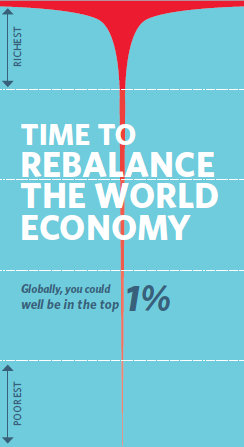 ancing takes precedence over long-term strategy, and accountability, undermining independence and relevance – the very attributes that make the UN strong.
ancing takes precedence over long-term strategy, and accountability, undermining independence and relevance – the very attributes that make the UN strong.
In the past, the standard UN response to calls for adaptation or reform has been to set up a new institution. Too often, this has only served to deepen incoherence – a mistake that the UN is now trying to correct through its Delivering as One initiative. Launched in 2007, it seeks to improve coherency by establishing “One UN” at the country level, with a single leader, a single budget and, where appropriate, a single office.
But these actions are too little, too late. They focus narrowly on organisational efficiencies rather than making the UN’s work more relevant. Moreover, the challenges the Organization faces go far beyond those found at country level. While the UN may be able to handle humanitarian crises at the national level, that does not mean it can effectively handle global issues, such as financial downturns or climate change, which are leading to widespread unemployment, migration and social unrest.
Two factors work against the UN’s current approach. First, many countries no longer look to the Organization for aid and technical assistance. New alternatives have emerged within the private sector and civil society organisations, which have far greater resources and agility with which to deliver assistance. Second, as more countries achieve middle-income status, their aspirations are changing. They want to safeguard and further their interests in agriculture, industrialisation, technology transfer, trade, the environment and finance – areas in which the UN can struggle to have an influence.
While UN reform is difficult to achieve, the Organization can remake itself by transforming its development mandate into an integrated, purely policy-setting role rather than reducing itself to one of many development contractors. This would be a huge transition – a shift from the UN “delivering as one” to governments doing so – but it would enable the Organization to leverage its convening power and global legitimacy to influence the international development agenda.
Such a shift would change the criteria for evaluating the success of the UN’s development system from looking at delivery on the ground to measuring its role in formulating agendas, shaping global opinion, upholding international conventions, precipitating action and contributing to global governance. The UN embarked on this path with the MDGs, and looks set to continue along it through the post-2015 framework. It remains to be seen if the UN can realise its strengths and build up the momentum and capacities required to take up this leadership role. If not, there is a danger it will fragment and cede its development role to other institutions.
Vikas Nath is Associate Director at the Future United Nations Development System Project. His work cuts across UN, environment and social entrepreneurship issues, see www.vikasnath.com for more information.


